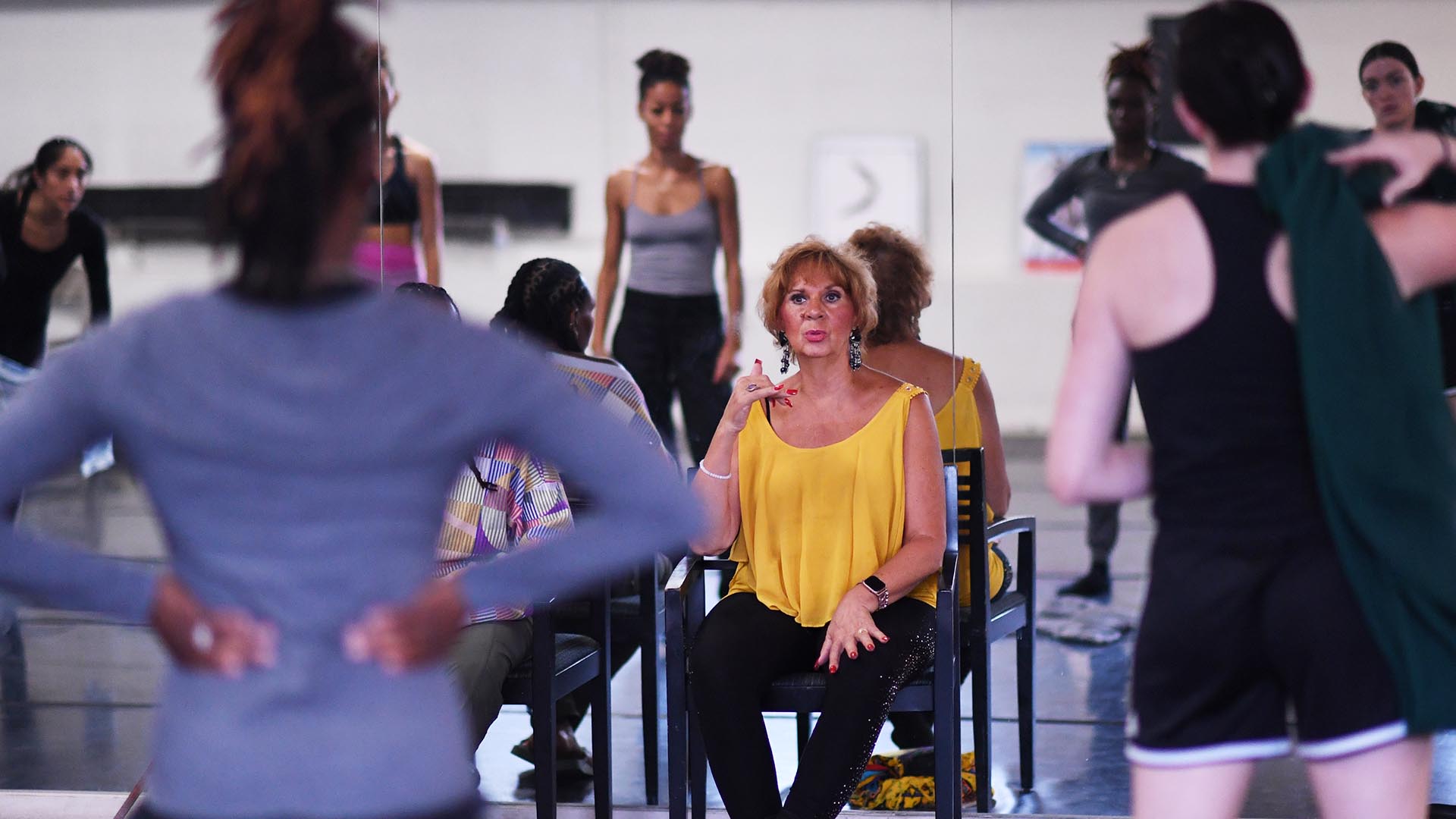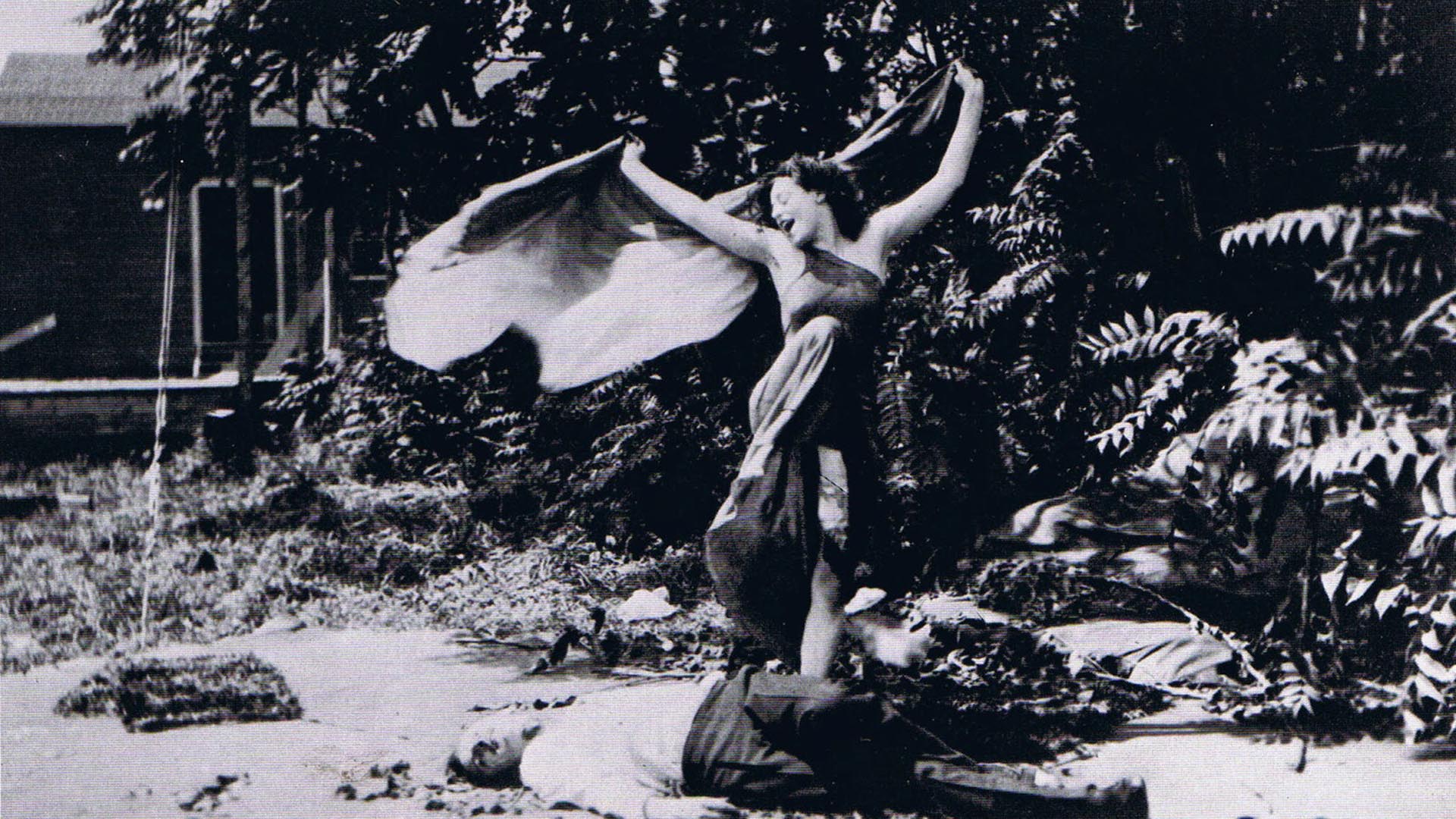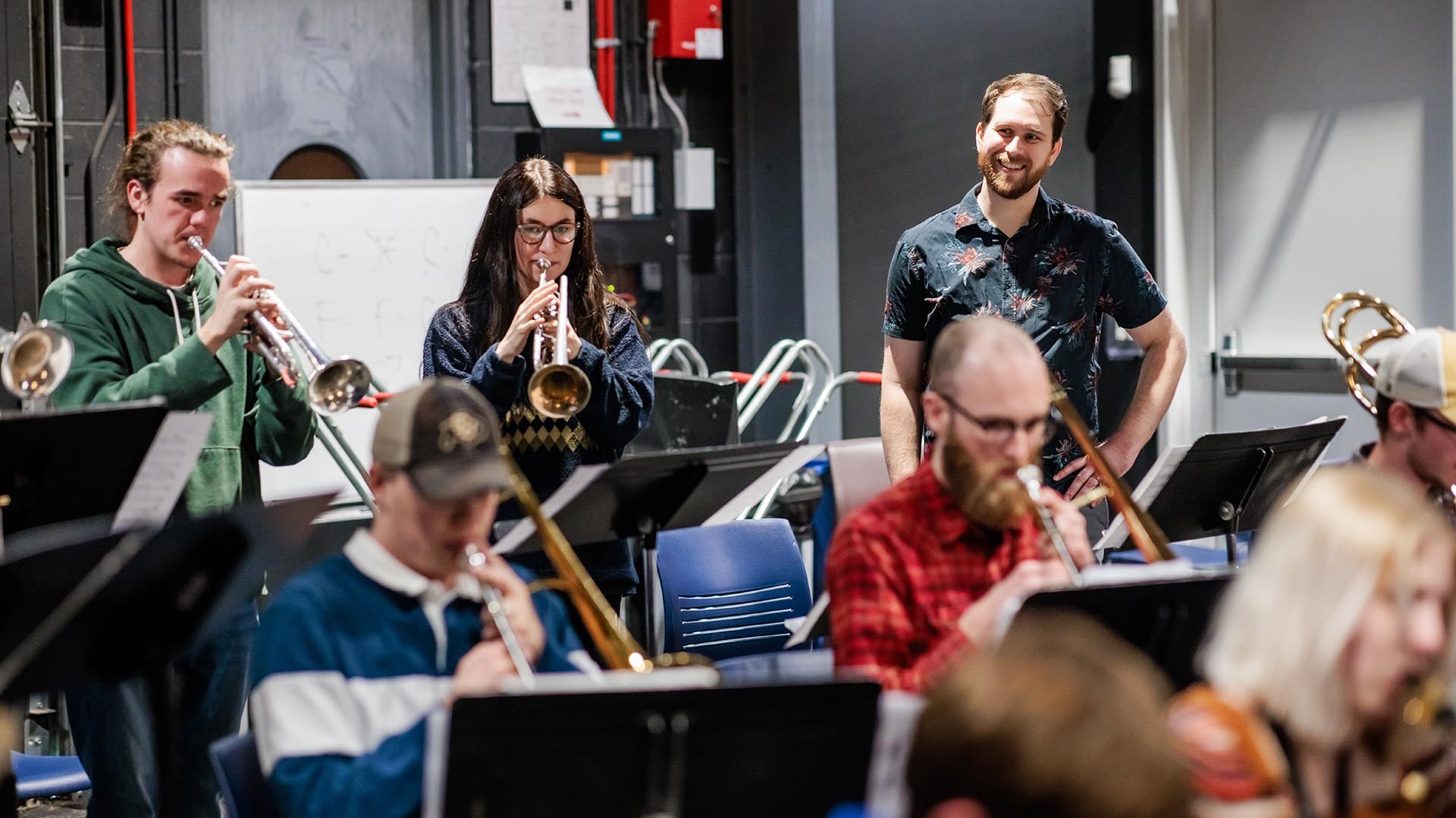Colorado welcomes the Lunar New Year
In February, the state will celebrate its newest official holiday.
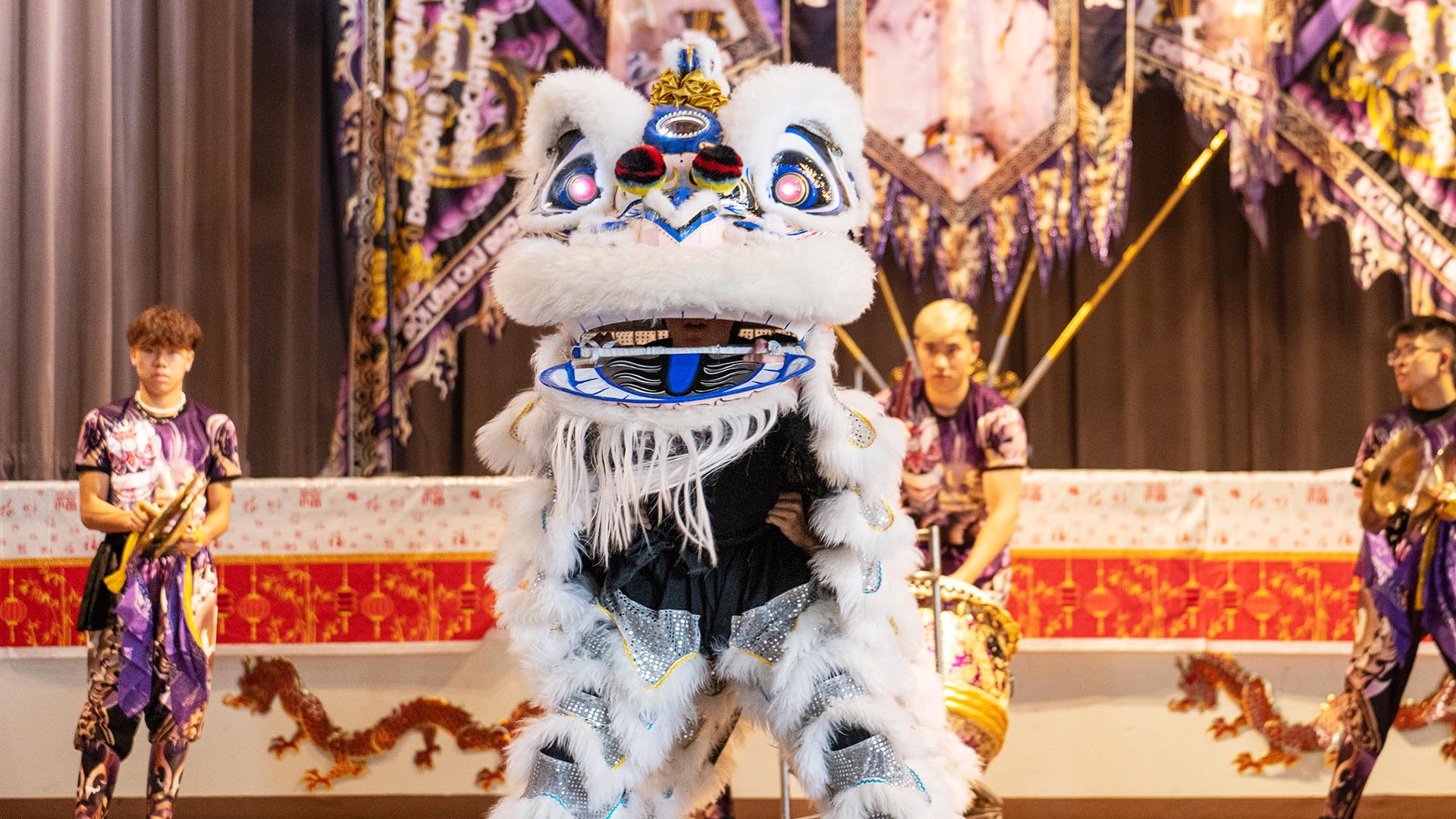
Don’t be surprised if you see a troupe of colorful lions and dragons dancing through Denver early next month.
Following recent legislation, the Lunar New Year has become an official Colorado state holiday this year and will be celebrated on the first Friday of every February. (It will be an “observed” rather than a “fiscal” holiday, meaning state buildings aren’t required to close.)
RED interviewed Jiansheng Guatney, professor in the Department of World Languages at Metropolitan State University of Denver, to discuss the significance of the move and how it might benefit Coloradans.
Colorado is only the second state, after California, to officially recognize this important cultural date as a holiday. How has the news been received by the Asian population in Colorado?
Obviously, Asians in Colorado are very happy and excited — this is a historic moment, after all. But they are also encouraged that the state government chose to take this important step because it demonstrates that Colorado values diversity and inclusion.
And as we’ll soon see, officially celebrating the Lunar New Year will bring many more opportunities to promote a cultural exchange of ideas and forge a better sense of understanding among different cultures.
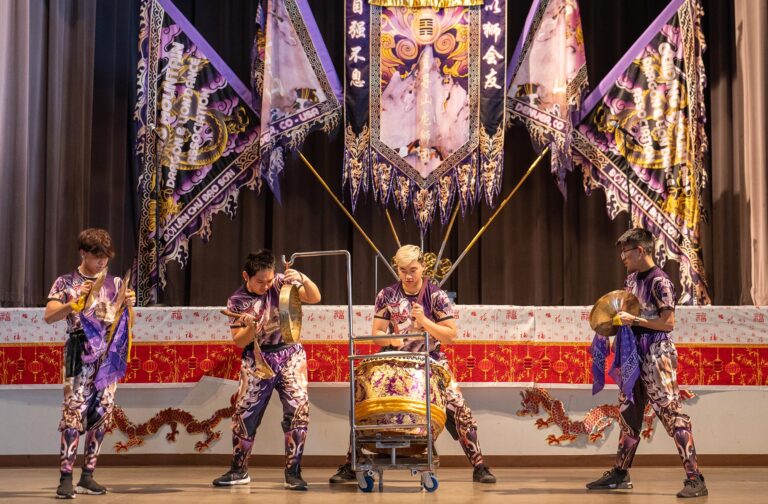
How big a deal is this development for Asians living in Colorado?
It’s massive. The Lunar New Year (also known as the Spring Festival) is fundamentally important to the Asian community, and a full one-fifth of the world’s population celebrates the event. On a global level, the number of people who travel home each year to reunite with their families for the holiday represents the largest annual human migration.
Moreover, the occasion’s popularity is steadily growing. Just this year, the United Nations officially listed the Lunar New Year as an official U.N. holiday.
Some Denverites might not be too familiar with the concept of Lunar New Year. Can you share some basic details?
The Lunar New Year celebrates family reunion, hope for the coming year and the arrival of warmer weather. In China, it is customary to clean your house and settle your debts before the day arrives.
And on Lunar New Year’s Day itself, besides the spectacle of firecrackers and dragon dances, people make offerings to ancestors and present gifts to their elderly and money or lucky money to their children (teenagers or younger) in red envelopes. For children, the Lunar New Year is usually their favorite holiday since they could receive a lot of lucky money from their parents, grandparents, relatives and family friends on that day.
People also like to wear new clothes, especially red clothing, which is traditionally believed to scare off evil spirits and bring good luck.
Can you offer some tips to help people get into the spirit of this year’s celebrations?
In Colorado this year, local Asian organizations will be hosting several celebration events, most of them free, where you can catch traditional performances, sample Asian and Chinese foods and try your hand at various arts and crafts such as calligraphy and paper-cutting. If you really want to get into the spirit of things at these events, I’d suggest you dig into your wardrobe and find something red to wear.
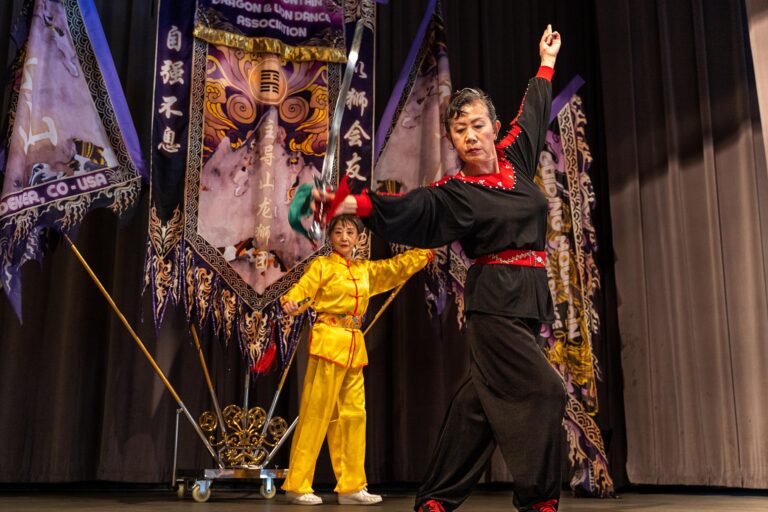
A lot of Lunar New Year traditions have deep historic roots. How excited are you that Coloradans will now get a chance to learn about important Asian cultural traditions?
As a Chinese instructor, I’ve always valued taking opportunities to share my culture. In fact, my students and I already help at MSU Denver’s Lunar New Year celebration events each year. We show guests how to make various Chinese crafts, paint characters symbolizing good luck and prepare traditional foods, such as dumplings.
RELATED: Recipe: momo chicken dumplings
However, celebrating an official state holiday means it’ll now be possible to reach out to many more people, and I can’t wait to do that. I’m looking forward to teaching people about the spirit of the Lunar New Year, which focuses on family togetherness, harmony, happiness, good wishes and hope. One of the key strengths of this unique holiday, I find, is that it’s ideally placed to reach people of all races and help improve mutual understanding between widely different cultures.
Do you think the new state holiday will help raise the Asian population’s overall profile in Denver?
I would hope so, yes. The past few years have seen a steady growth in Asian businesses, particularly in the city’s Little Saigon business district, and in our overall cultural profile, so this new holiday will presumably add to that. There’s a definite sense that Denver’s Asian community is growing in confidence and gradually gaining a stronger voice. We want people to recognize the value that we can bring, both as a community and as individual citizens.
|
Where to celebrate the Lunar New Year in Denver 20th Annual Colorado Chinese New Year Celebration Lunar New Year celebration at MSU Denver The Lunar New Year Celebration Find more Lunar New Year events in Denver.
|
The City of Denver recently apologized for an anti-Chinese/Asian riot in 1880 that caused a fatality and destroyed the city’s historic Chinatown. How meaningful are such actions to the community living here today?
While the Asian community may have grown in Denver in recent years, I have always been struck by the fact that, unlike so many other major cities, there is no sign of a Chinatown here. (Note: That area was in what is now known as the Lower Downtown District, or LoDo.)
An apology is, of course, welcome. But I think such a destructive event has left a mark on Denver’s character that will remain for years to come. Having said that, the local Chinese community does appreciate the City of Denver’s vigorous efforts to create a welcoming, harmonious and safe place for people of all races.
The Lunar New Year explicitly signifies new beginnings. What do you think this new holiday might mean for generations to come?
We are about to celebrate a striking new development that will make the Asian community a permanent part of the state’s ongoing story, and that’s really important. Looking ahead, I’m optimistic that our community will continue to grow and thrive, living in harmony and solidarity with all the other communities here.


